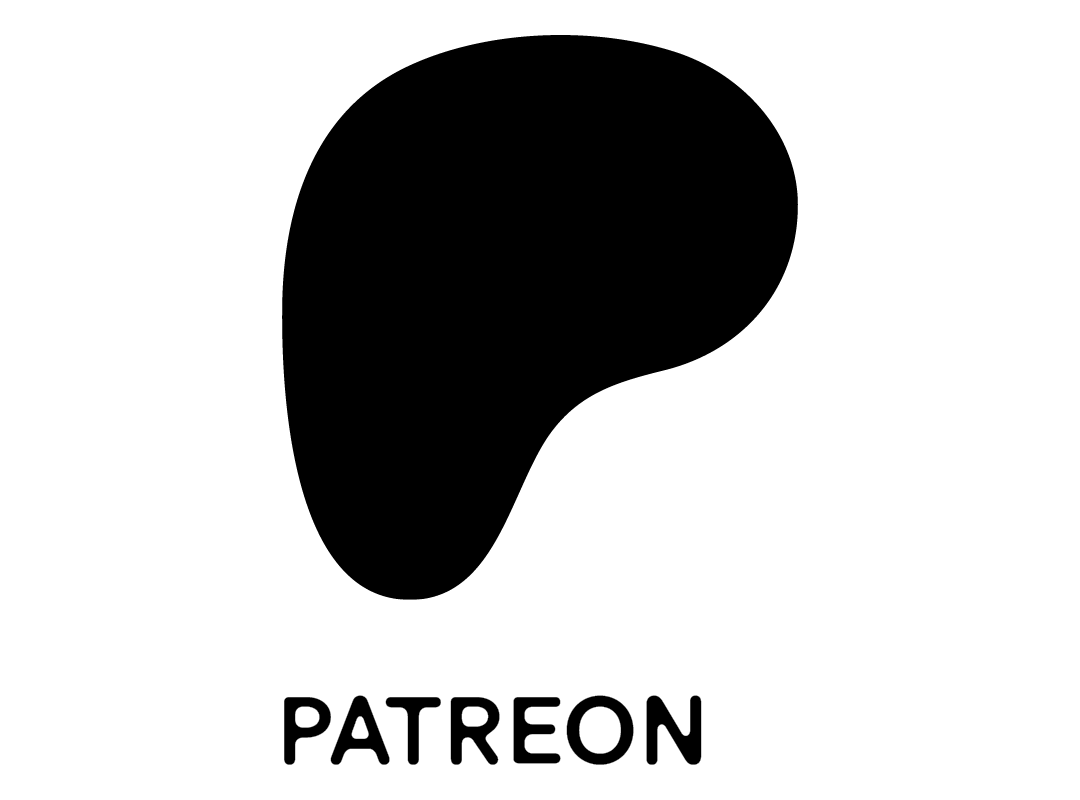Patreon’s survey says the future is direct-to-fan
Patreon’s State of Create survey reveals how creators’ attitudes have changed, and what the future holds for the creator economy.
Patreon’s recent State of Create report rails against “The Algorithm”, and highlights the numerous challenges that creators face in today’s social media landscape. Despite the hardships, the report offers a more sunny outlook, naming direct-to-fan platforms and models as the future for a more sustainable and stable creator economy.
Social platforms like Instagram, TikTok and YouTube have revolutionised content sharing, but they have also introduced hurdles that can stifle creativity and hinder creator-fan relationships. Patreon’s State of Create report sheds a light on these hurdles, revealing creators’ and fans’ changing attitudes towards content creation. Additionally, the statistics and insights provide an idea of how creators can navigate the content creation landscape going forward.
Historically, social media platforms enabled creators to build communities by allowing fans to follow and stay updated with their favourite artists. However, the introduction of algorithm-driven “For You” feeds has altered this dynamic. These feeds prioritise content based on predicted user engagement rather than showcasing work from creators’ existing followers. As a result, creators find it increasingly difficult to reach their established audience. The report highlights that 53% of creators believe it’s more challenging, unsurprisingly, to connect with their followers now than it was five years ago.
The rise of short-form content, popularised by platforms like TikTok, has reshaped content consumption habits. While these bite-sized videos can boost engagement metrics, they don’t necessarily provide the depth and value that long-form content offers. Fans report seeing more short-form content in their feeds, yet many express a preference for longer, more in-depth creations. This preference is significant, especially considering that fans are more willing to pay for content they find valuable. The report notes that while 61% of fans encounter more short-form content, 52% believe long-form content provides more value, and 49% are more inclined to pay for it.
The algorithm-driven nature of major platforms exerts pressure on creators to produce content that aligns with trending topics or viral formats, like memes and clickbait. More often than not, this sensationalised approach doesn’t resonate with their artistic vision and feels disingenuous. This constant push can lead to burnout and a sense of being trapped in a content treadmill. Alarmingly, 75% of creators feel that platforms penalise them for not consistently publishing new work, and 78% admit that burnout affects their motivation to create.
Amid these challenges, the concept of superfans, or “core fans” as Patreon refers to them, has emerged. These dedicated supporters are more than passive consumers; they actively engage, purchase merchandise, attend live events, and advocate for the creator within their communities. Building and nurturing relationships with these core fans can provide creators with a stable and predictable income stream. The report reveals that 87% of core fans are likely to engage with other fans, fostering a vibrant and supportive community. Dan and Lynze Cummins of Timesuck podcast expressed their gratitude for these fans: “These are the folks who have your back, defend you in the comments, they wear the merch, they spread the word, they cheer you on. It’s an amazing relationship.”
In response to the volatility and unpredictability of traditional social media platforms, many creators are turning to direct-to-fan platforms like Patreon. These platforms offer a space where creators can share their work without the interference of algorithms, ensuring that their content reaches those who value it most.
This shift not only provides financial stability but also allows creators to retain control over both their artistic output and their fan connections. Creators on major platforms are realising they do not have access to their fans’ email addresses or contact details. This data is kept by the platforms, which leads to creators feeling trapped.
If you don’t own the fan relationships, then ultimately they’re not your fans. They’re just the platforms’ users.
Patreon: State of Create report
Over half of the potential $290 billion creator economy value now comes from direct-to-fan avenues such as ticket sales, courses, livestreams, and paid memberships.
For independent musicians, artists and creators, the path ahead involves focusing on quality over quantity, fostering genuine relationships with fans, and diversifying your online presence and income streams. By prioritising platforms and strategies that value their creative freedom and provide direct access to supporters, creators can build sustainable and fulfilling careers. It’s not all doom and gloom, however. Encouragingly, 86% of creators would recommend this career path to others, highlighting a positive outlook despite the challenges.
